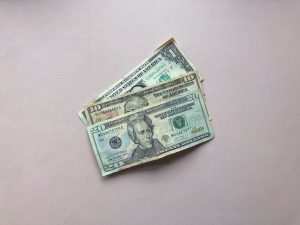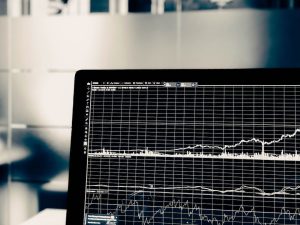Forex, also known as foreign exchange or currency trading, is a global market where traders exchange currencies. It is the largest and most liquid market in the world, with an average daily turnover of over $5 trillion. Forex trading is decentralized, meaning there is no central exchange, and trading takes place 24 hours a day, five days a week.
The forex market is a type of financial market, where currencies are bought and sold. It is an over-the-counter (OTC) market, meaning that trades are conducted directly between buyers and sellers, without the need for a central exchange. This makes the forex market unique from other financial markets, such as the stock market, which is centralized and has a designated exchange.
The forex market is also a highly liquid market, with a vast number of market participants, including central banks, commercial banks, hedge funds, retail traders, and multinational corporations. The market’s liquidity is a result of the large volume of transactions that take place each day, as well as the high number of participants.
One of the main characteristics of the forex market is that it is a global market. Currencies from all over the world are traded, with the most popular currencies being the US dollar, the euro, the Japanese yen, the British pound, the Swiss franc, the Canadian dollar, and the Australian dollar. The forex market is open 24 hours a day, five days a week, allowing traders to trade at any time of the day, from anywhere in the world.
The forex market is also a highly volatile market, with prices fluctuating rapidly in response to economic, political, and social events. The volatility of the market means that traders must be prepared to take risks, and be able to manage their trades effectively to minimize losses.
Another key characteristic of the forex market is that it is a leveraged market. This means that traders can trade with more money than they actually have in their trading accounts. For example, if a trader has a leverage of 1:100, they can trade with $100 for every $1 in their trading account. While leverage can increase profits, it also increases the risk of losses, as traders may end up losing more money than they have in their trading accounts.
In conclusion, the forex market is a global, decentralized, highly liquid, volatile, and leveraged market. It is a type of financial market where currencies are bought and sold, and it is the largest and most liquid market in the world. Traders must be prepared to take risks and manage their trades effectively to minimize losses. The forex market offers traders opportunities for profit, but it is important to approach trading with caution and to learn the fundamentals of trading before risking real money.






